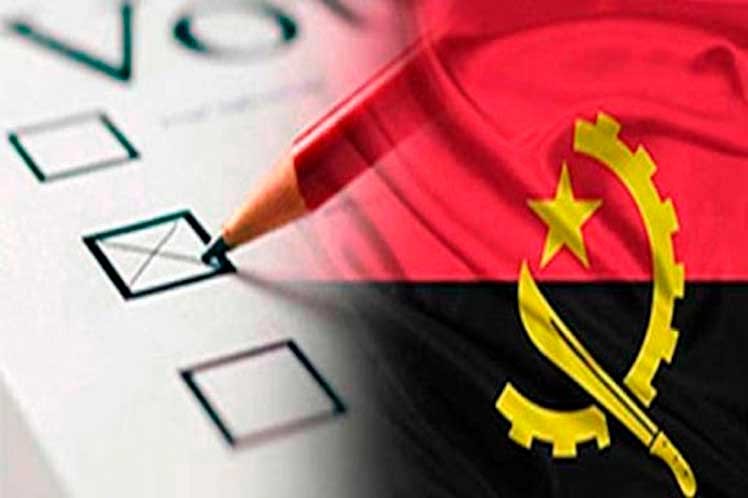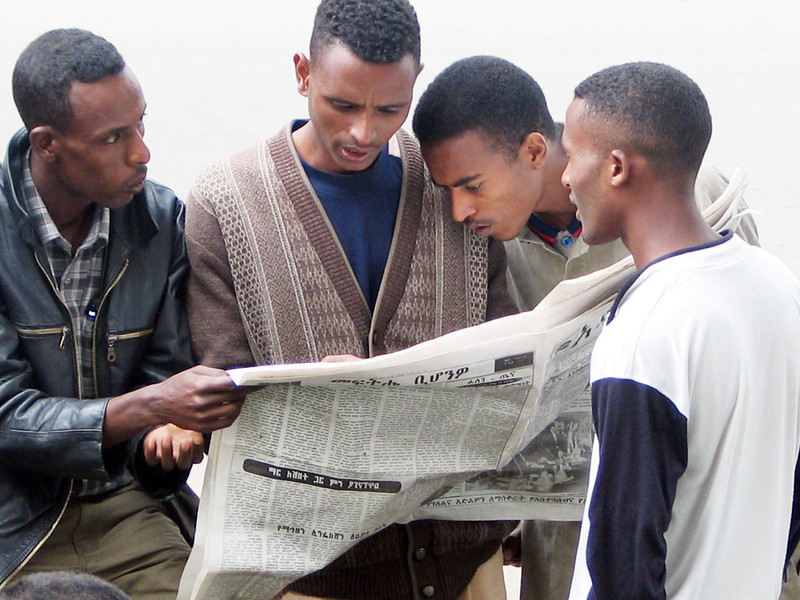We are excited to announce that Brink is now part of Africa Practice. Learn more
On 29 August, the ruling People’s Movement for the Liberation of Angola (MPLA) won its narrowest victory in history, securing 51.17% of the vote, according to official results. This translates as a second term in office for President João Lourenço and 124 of the 220 seats in the National Assembly.
While opposition parties had formed a coalition ahead of the vote, they were barred from presenting a common list of candidates or campaigning together, thereby splitting the vote. The country’s largest opposition party, the National Union for the Total Independence of Angola (UNITA), received 43.95% of the vote, awarding it 90 National Assembly seats – its best legislative result to date.
The electoral process and its outcome exhibited three notable trends:
- Low turnout. Of the 14.4 million Angolans registered to vote, only 44.82% did so on 24 August. Low turnout was the result of voter apathy stemming from disillusionment with the electoral process, which has thus far failed to deliver meaningful change in Angola. As with other national liberation movements which took up arms to secure independence, the ruling MPLA has governed Angola with a heavy hand, subverting democratic institutions to perpetuate its rule. Living standards rapidly deteriorated in the wake of the 2014 oil price crash, which forced the petrostate into a five-year recession, resulting in widespread unemployment and poverty.
- Popular discontent. UNITA was able to capitalise on this popular discontent in certain areas, winning 62.25% of the vote in the capital, Luanda – the most populous province. UNITA also secured victories in the Cabinda exclave and the northern province of Zaire, both of which had suffered from the decline of the hydrocarbons sector. Thanks in part to its charismatic leader, Adalberto Costa Júnior, UNITA won support among Angola’s disaffected youth, whose voting power will exponentially grow in the future – 60% of the population is under 25 years old.
- Precarious legislative majority. The MPLA’s diminished vote share will cost it total control over the legislature, where it previously held 150 of the 220 seats. Deprived of its two-thirds parliamentary majority, the MPLA will no longer be able to revise the constitution or organise popular referenda without support from the opposition, even if its simple majority will be sufficient to pass ordinary legislation.
Contested results
UNITA has rejected the official results, citing discrepancies between the party’s tally and the numbers reported by the electoral commission, CNE. The cards are stacked against the opposition, however, as the CNE’s current leader, Manuel Silva Pereira “Manico”, is seen as a partisan figure in favour of the MPLA.
In the likely case that the CNE rejects UNITA’s appeal, the opposition party has the right to file an electoral petition at the Constitutional Court, which is required to rule within 72 hours. However, this avenue is unlikely to prove conducive, given that chief justice Laurinda Cardoso is a former member of the MPLA, who was appointed as President of the Court by Lourenço after Manuel Aragão resigned in protest against constitutional amendments. Cardoso has already used her position to subvert Costa Júnior’s control of UNITA, ruling that his election to the head of the party was illegal on account of his dual nationality.
International observers have been closely scrutinising the polls, and continue to take a close interest in UNITA’s challenge. The EU electoral observation mission characterised the vote as being “conducted in a peaceful environment” while noting “complaints by the opposition and civil society on some shortcomings in the electoral process.” The EU has encouraged stakeholders to seek legal redress and urged the CNE “to make every possible effort to respond to [appeals] in a fair and transparent manner.”
The SADC electoral observation mission meanwhile raised concerns about the CNE’s cap on domestic observers, which was set at 2,000. Civil society group Movimento Civico Mudei organised a parallel count, which awarded Júnior a narrow lead over Lourenço, albeit with a small sample size and heavy bias towards Luanda.
Isolated protests
While UNITA has been careful to avoid previous allegations of instigating “chaos”, opposition supporters have vocally rejected the results in Luanda, sparking protests. Although UNITA is not driving pressure from the street, and appears committed to seeking legal redress, further demonstrations are highly likely if the CNE and Constitutional Court reject the party’s appeals. Protests are likely to be concentrated in pockets of the major cities, including Luanda, Benguela, Huambo and Cabinda, and are set to overshadow the official declaration of a second term for President Lourenço.
About the Author
Hannah Atkins is an associate consultant at Africa Practice. She works with various clients across sub-Saharan Africa, conducting research, providing analysis and insights, and supporting stakeholder engagements. She can be contacted at [email protected].
Proud to be BCorp. We are part of the global movement for an inclusive, equitable, and regenerative economic system. Learn more



